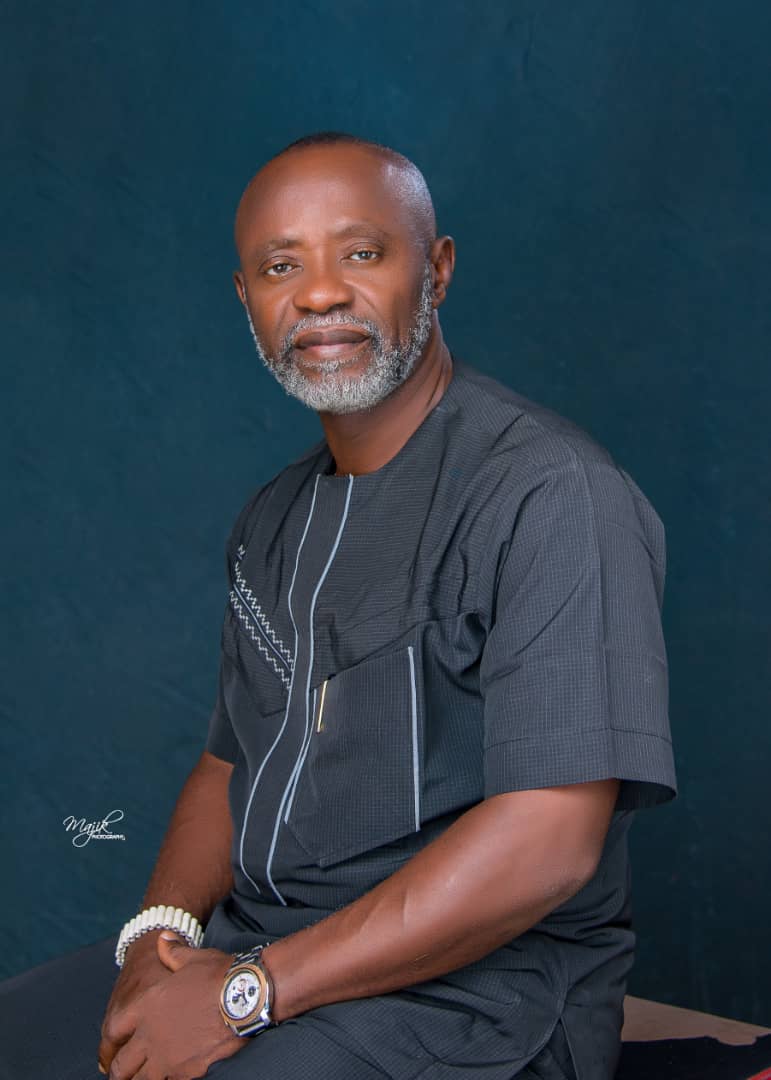PSC VS IGP OVER POLICE 10000 JOBS PALAVER: It’s not yet uhuru for police legal victory

Barometer
Without any ambiguity, Justice Inyang Ekwo of the Federal High Court, Abuja dismissed the suit brought by the Police Service Commission (PSC) challenging the power of the Inspector General of Police (IGP) and the Nigeria Police Force (NPF) to superintend the recruitment of 10,000 constables into the law enforcement agency.
President Muhammadu Buhari had in 2015 announced his readiness to back the recruitment of tens of thousands of constables to complement the existing over 350,000 policemen nationwide. It nevertheless took about four years before the government and the police got round to kick-starting the process. While the exercise lasted, however, the police and the PSC bickered over who had the final say in the recruitment of the constables. There is unlikely to be an appeal, although the system would have benefited from a constitutional consideration to settle what has appeared to be a long-standing judicial controversy over the powers and functions of both the PSC and the police.
For now, the recruitment exercise will very likely be speedily consummated while the government finds a way to sort out the disagreement between the PSC and the police. Hopefully there will be no further misconception of the words recruitment and appointment, the interpretation of which had prompted the suit. As far as the court was concerned, the police had the power to recruit the constables, while the PSC could only appoint the constables after their recruitment.
It is not clear how that line would be drawn, given the second stanza of the controversy that has just broken out between the PSC and the police. A few weeks ago, the PSC had fired a memo to the IGP drawing his attention to the lopsidedness in the appointment of police commissioners to state police commands. The appointments, warned the PSC, did not reflect federal character, with some states having four slots and others having none. No redress has been forthcoming, and the police have audaciously ignored the PSC’s misgivings.
Indeed the suspicion of lopsidedness was at the bottom of the disagreement between the PSC and the police, leading to the legal action that was dismissed a few days ago. The PSC had requested for a state-by-state breakdown of the recruitment of the 10,000 constables in order to ascertain that the exercise met specified guidelines. That breakdown was defiantly not forthcoming.
More, the IGP went ahead, despite pending court action, to conclude the recruitment process, perhaps encouraged by the Justice minister’s view that the IGP flouted no law. But regardless of the outcome of the recruitment exercise and the determination of the suit filed by the PSC, it is still important for the police to provide the controversial breakdown. This will enable the public to determine just how the exercise proceeded and whether it was after all fair and representative, especially at a time when many Nigerians had begun to read sectionalism into some of the Buhari presidency’s actions and policies.
Much worse is the most recent complaint of the PSC that suggests that the police authorities, again encroaching into the powers and functions of the PSC, had appointed police commissioners to the states in flagrant disobedience to the federal character principle. Media reports suggest, for instance, that some states, for example, Katsina, the president’s home state, occupied three or four slots to the detriment of many states, particularly in the Southeast, which had none.
So far, the police have not responded, at least publicly, to the observations of the PSC. It is not in the interest of the government or the police to ignore the observations. For, gradually, many Nigerians will begin to make up their minds about the character of the Buhari presidency, moving from viewing it with suspicion to confirming its supremacist agenda.
The PSC may have lost the suit regarding which organ had control over the recruitment of police constables, but it has so far occupied the moral high ground, shifting the burden of proof on who is defying or obeying the spirit and the letter of the constitution to the police. As this column observed weeks ago, the federal government should have sought an interpretation of the powers of the PSC and the police in matters of recruitment of policemen, especially given the long-standing dispute over who had the final responsibility.
Leaving the combatants to slug it out in the courts gave the impression of a divided and quarrelsome government. Whether the government likes to believe it or not, all is still not well with the relationship between the PSC and the police. Could Nigerians trust this government to help iron out the differences between the two organs and restore some order?
– Nation






